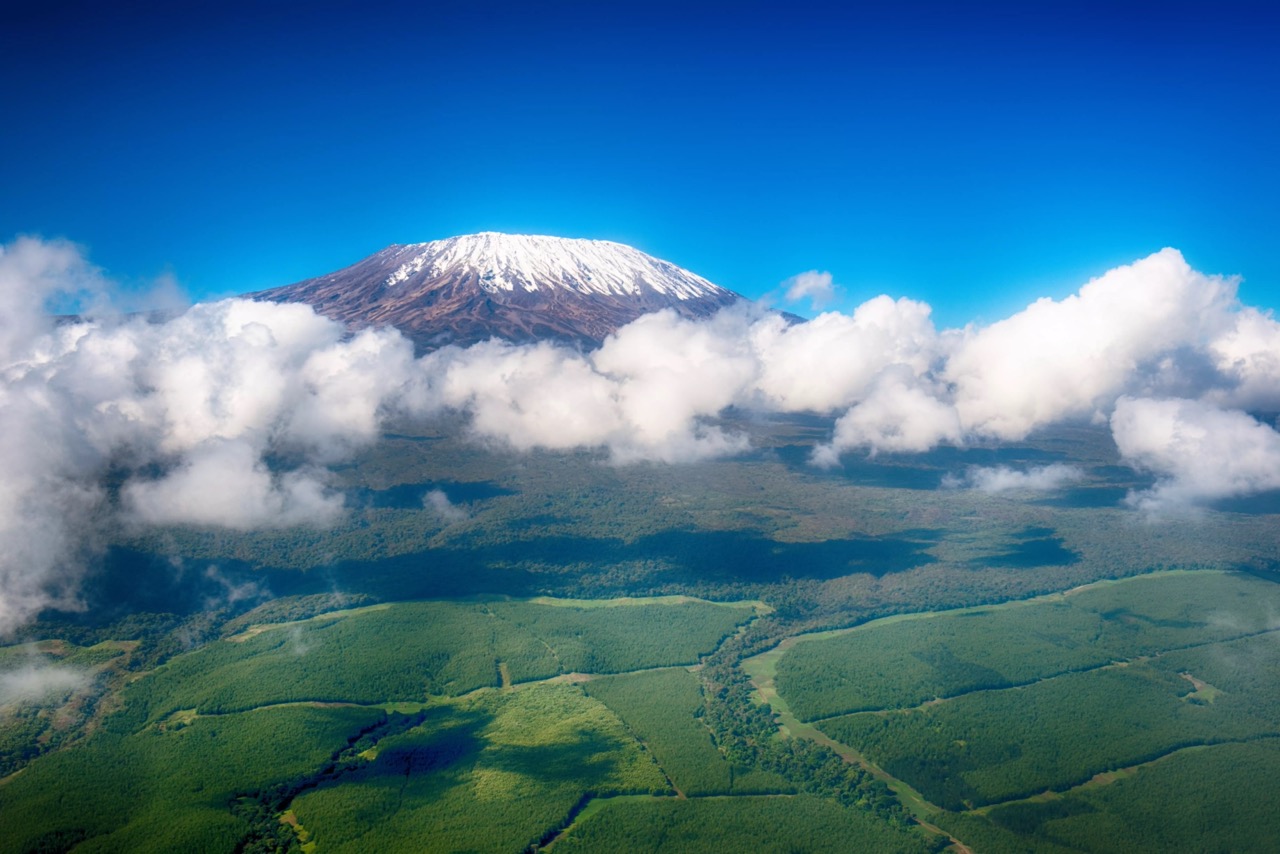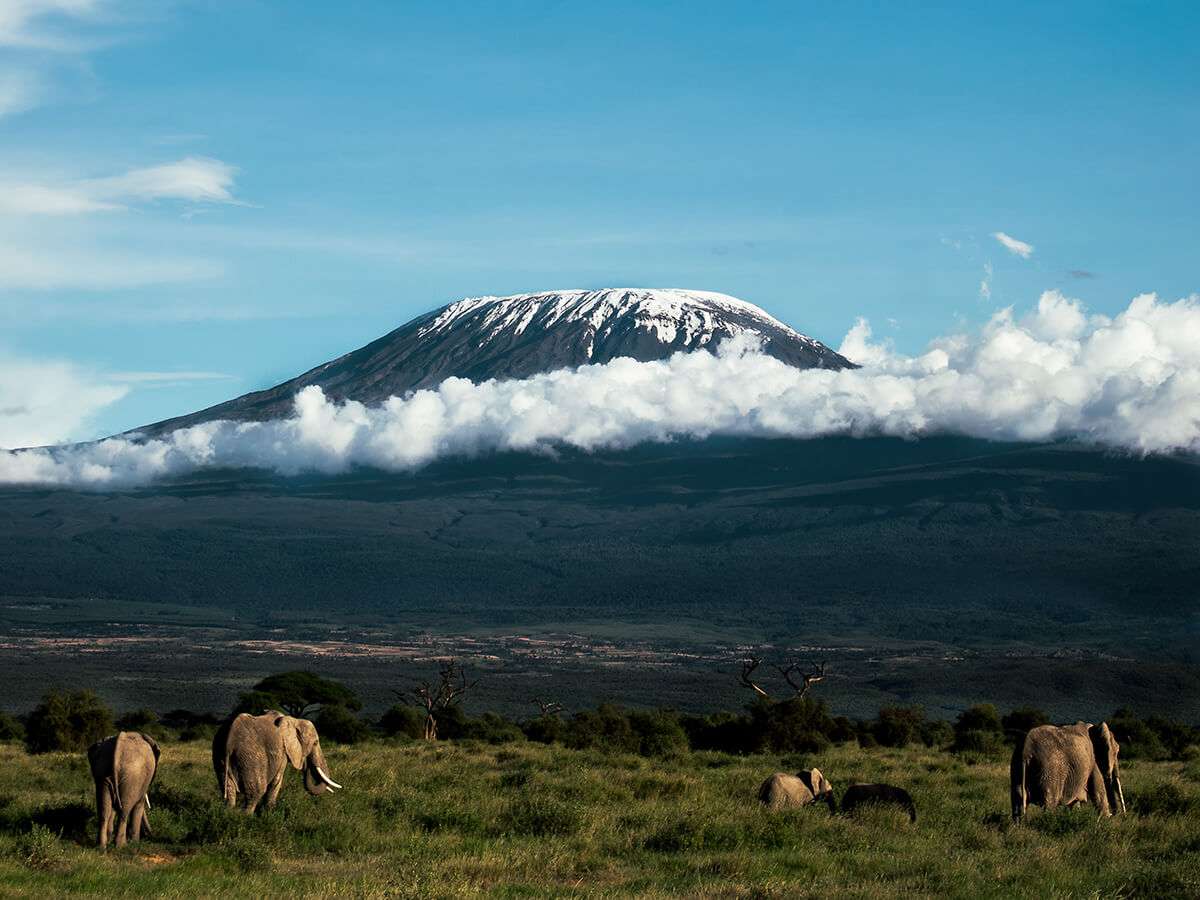Climbing Kilimanjaro is a dream for many adventurers and nature enthusiasts. Located in Tanzania, Mount Kilimanjaro is not just Africa’s tallest peak; it’s also one of the world’s Seven Summits, attracting thousands of trekkers every year. In this article, we’ll explore the exhilarating experience of ascending Kilimanjaro, from preparation to reaching the summit.
The Roof of Africa
At 19,341 feet (5,895 meters) above sea level, Kilimanjaro stands tall as the highest freestanding mountain globally, often referred to as the “Roof of Africa.” Its prominence is unparalleled, and the journey to the summit is awe-inspiring.
A Journey to the Roof of Africa
Planning Your Climb
Choosing the Right Route
Selecting the right route is crucial for a successful climb. Options like the Machame, Lemosho, and Marangu routes offer different experiences, so it’s important to research and choose the one that suits your preferences and fitness level.
Permits and Regulations
To protect the environment and ensure safety, climbing Kilimanjaro requires obtaining permits and adhering to regulations set by Tanzanian authorities. These permits also control the number of trekkers on the mountain at any given time.

The Ascent Begins
Days of Adventure
The trek to Kilimanjaro's summit typically spans 6-8 days, depending on the chosen route. Each day offers unique landscapes, from the dense rainforest to the alpine desert.
Altitude and Acclimatization
As you ascend, altitude sickness becomes a concern. Guides and porters are well-trained in recognizing symptoms, and the slow ascent allows your body to acclimatize gradually.
Reaching the Summit
The ultimate goal of every Kilimanjaro climber is Uhuru Peak. Standing there, at the highest point in Africa, is a moment of triumph and reflection. The breathtaking sunrise views make the strenuous climb worthwhile.
Choosing the Right Route
Choosing the Right Itineraries
- 7-Day
Lemosho Route
- 6-Day
Machame Route
- 6-Day
Umbwe Route
- 6-Day
Rongai Route
- 6-Day
Shira Route
- 7-Day
Rongai Route
- 7-Day
Umbwe Route
- 6-Day
Marangu Route
- 9-Day
Lemosho Route
- 9-Day
Northern Circuit Route.
- 5-Day
Marangu Route
- 7-Day
Machame Route
- 8-Day
Lemosho Route
Preparing for the Ascent
Physical Fitness
Climbing Kilimanjaro is a physically demanding endeavor. Preparing with cardiovascular exercises, strength training, and regular hikes will help you build the stamina required for the journey.
Packing Essentials
Packing for Kilimanjaro is an art in itself. Warm clothing, quality hiking boots, a comfortable backpack, and essential gear like a headlamp and trekking poles are must-haves for the trek.
